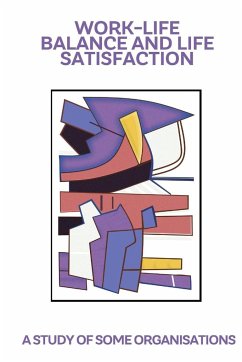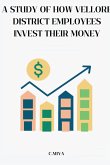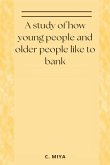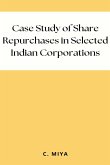Work-Life Balance is a core issue in HRM, which is central in promoting individual and organizational effectiveness. It is a function of the perceived work family conflict and perceived family work conflict. Research has shifted from the scarcity hypothesis to the enhancement hypothesis, which emphasizes the positive spillover between the two domains. The spiritual dimension of an individual affects the perception of balance and conflict. Social and demographic descriptors such as age, gender, marital status, parental status, family structure and income have been studied. Provision of work life programs can affect the perceived work life balance. The antecedents or predictors of work life balance were identified through literature review. A sample of 300 employees was taken from the three sectors by following the stratified random sampling. The sample of 100 Educationists was taken from 50 faculty members teaching in various colleges and departments of University of Delhi and 50 faculty members from private institutes affiliated to Guru Gobind Singh Indraprastha University and Amity University








